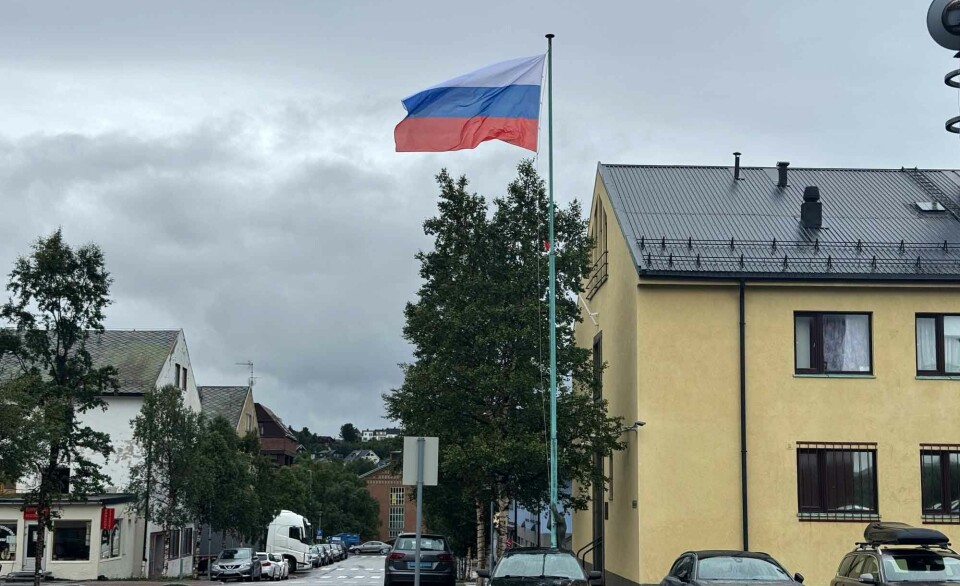
Security is top priority in Oslo's new High North strategy. Nevertheless, Lavrov's diplomats are still allowed to conspire in the region
Two Norwegian government ministers came to Kirkenes, northern Norway, to present the country's new High North strategy. Despite their emphasis on security and preparedness, they expressed no intention to close the Russian diplomatic station in town.
"This is a strategy that points the way forward for our High North policy," Espen Barth Eide said as he presented the new government document on August 26. He outlined a difficult geopolitical situation in the region.
"We are living in the most dramatic security policy situation we have experienced since the Second World War. And Russia, which is right next door to us here, is on the wrong side of history, in a big-power war with Ukraine."
The Foreign Minister travelled to the town located only few kilometres from the border to Russia together with Minister of Local Government and Regional Development Kjersti Stenseng and State Secretary of Justice Kristine Joy Nordenson Kallset.
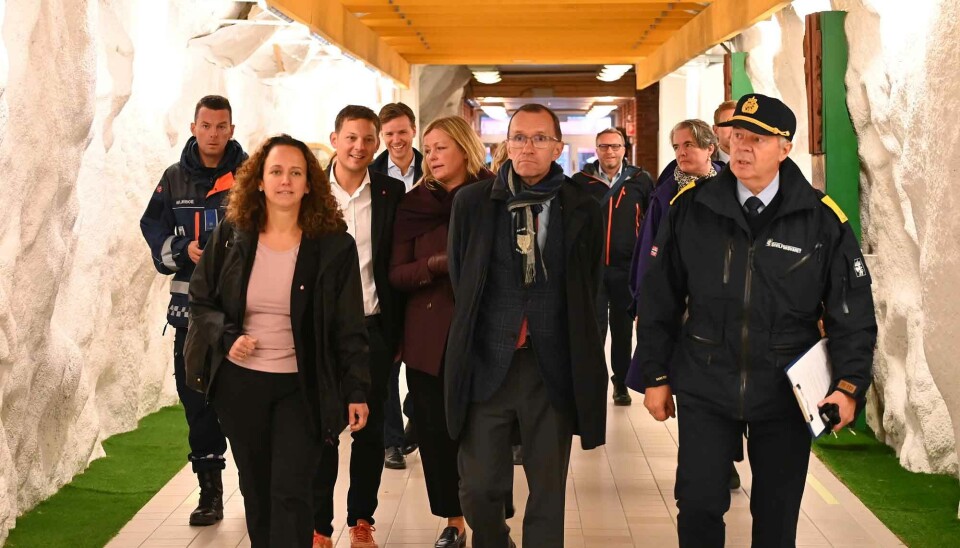
The visit came just two weeks ahead of national parliament elections, and the government representatives, all of them politicians from the Labor Party, used the opportunity to campaign in the small town.
Foreign Minister Espen Barth Eide has for two decades been closely involved in the development of Norway's foreign policy. He was among the policy architects in the government of Jens Stoltenberg in the period 2005-2013.
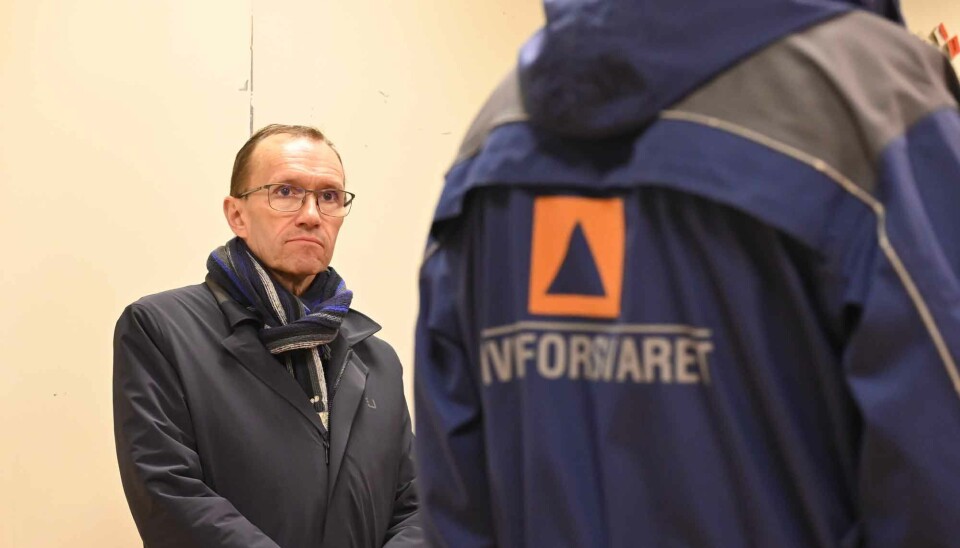
"The High North strategy at that time had a lot to do with seizing the opportunities created by a new Russia, […] There was a very strong belief that Russia would develop in a direction where there would be increasing scope for business cooperation and people-to-people cooperation," he said to a local audience in Kirkenes.
"As we all know, that did not happen. And the situation today is very different," he noted.
Despite his government's strong focus on security and warnings about Russian attempts to sow discord and destabilise local societies, the foreign minister apparently has no plans to close the local Russian general consulate in Kirkenes.
In an interview with the Barents Observer, Barth Eide argued that it is "necessary to have some contact also with the countries with which we deeply disagree."
"Although relations with Russia are very different from what we thought they would be both 20 years ago and ten years ago, we do have diplomatic relations. That is why there is a diplomatic presence in both Oslo and Kirkenes. After all, we are neighbours with Russia, and some contact is necessary."
After all, we are neighbours with Russia, and some contact is necessary
At the same time, he affirmed that Russian activities in Norway are being followed.
"Those who monitor such matters also monitor what is being done and whether it is in line with good diplomatic practice, of course."
The Russian general consulate in Kirkenes is believed to have about ten employees, three of them with diplomatic status. Several of the staff members are connected with the Russian security services. The Barents Observer has reported about one of the security guards who turned out to be a former employee of the FSB Border Service.
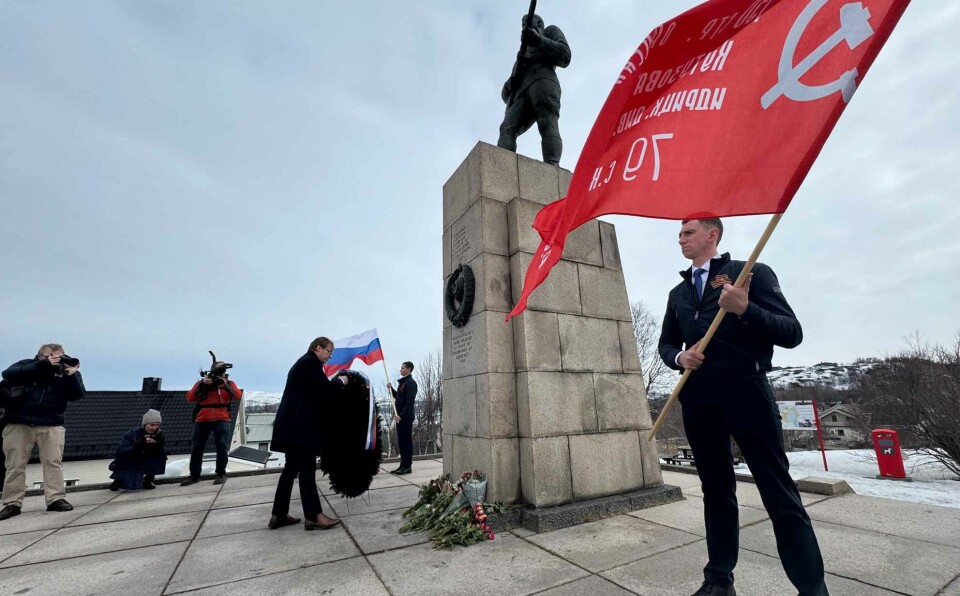
The consulate staff is actively used as a tool to sow division and promote Russian narratives, and local authorities in Kirkenes are increasingly wary.
The local town hall is located next door to the consulate general and Mayor Magnus Mæland has a direct view of the diplomatic station from his office.
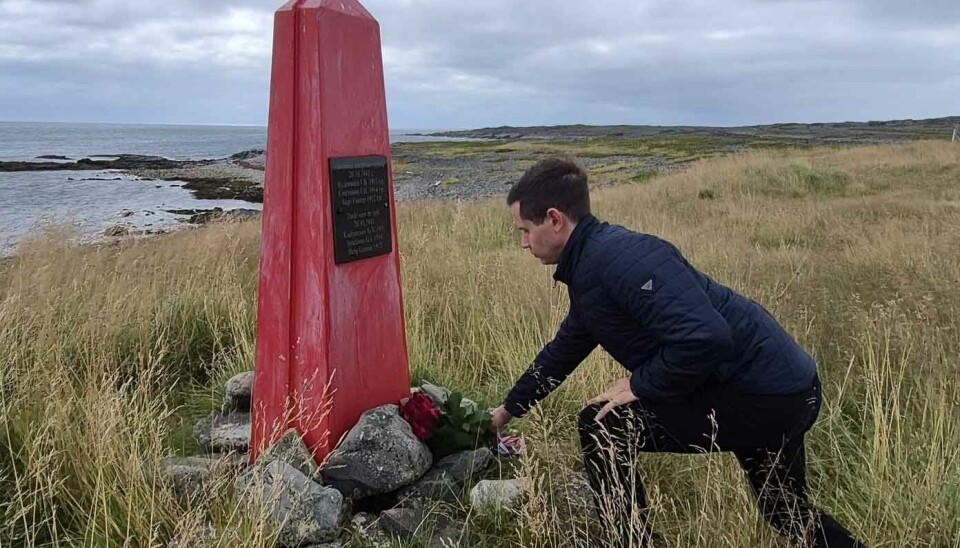
"We know that the general consulate is a hub for propaganda and influence operations, especially with regard to the politics of memory. We see it clearly," he told the Barents Observer.
"It makes my job harder," he added.
"We know that the general consulate is a hub for propaganda and influence operations
For three decades, the town of Kirkenes invested great efforts in building a functional cross-border relationship with neighbouring Russian regions.
"That relationship is over, there is no more trust in Russia," Mayor Mæland emphasised.
He is now working hard to build local resilience. He also wants a strengthened relationship with neighbouring Finland.
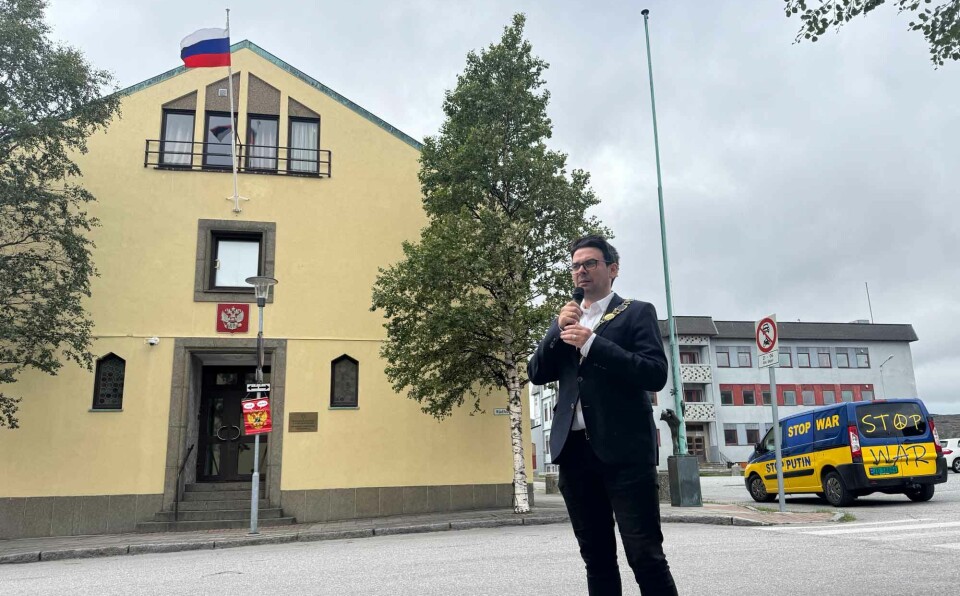
He might get a hand from Oslo. Among the proposals presented in the new High North strategy is the establishment of a local so-called 'preparedness hub' in Kirkenes.
According to State Secretary of Justice Kristine Joy Nordenson Kallset, the new body will work with civil resilience and civil-military cooperation in the northern areas, including with neighbouring Sweden and Finland.
"Some of this will concern traditional work with security and preparedness, but also within this context strengthening resilience to disinformation and influence, increasing expertise on Russia, coordinating actors of importance to Norwegian policy on Russia, and also more civil cooperation on business and other matters," she said.













